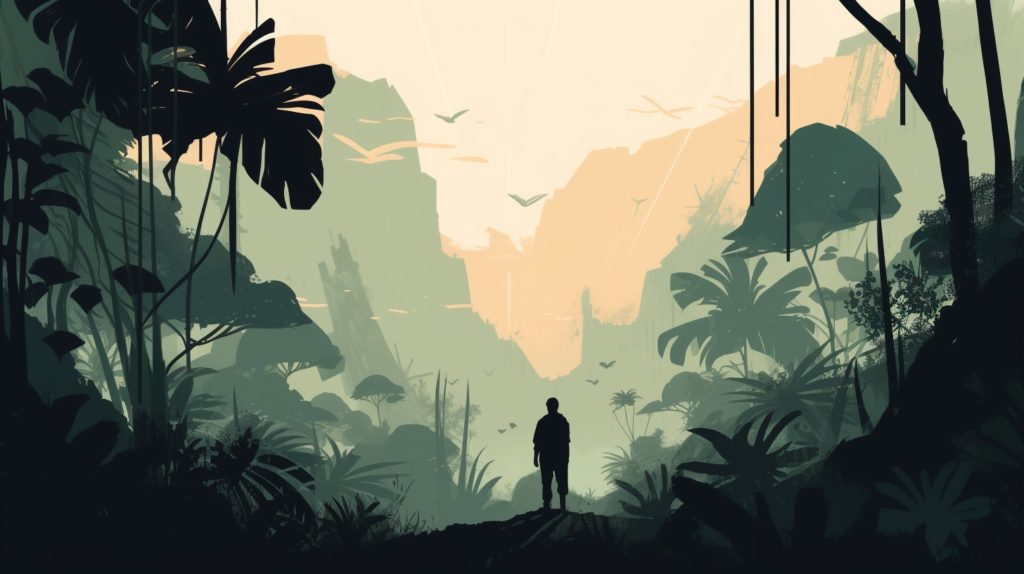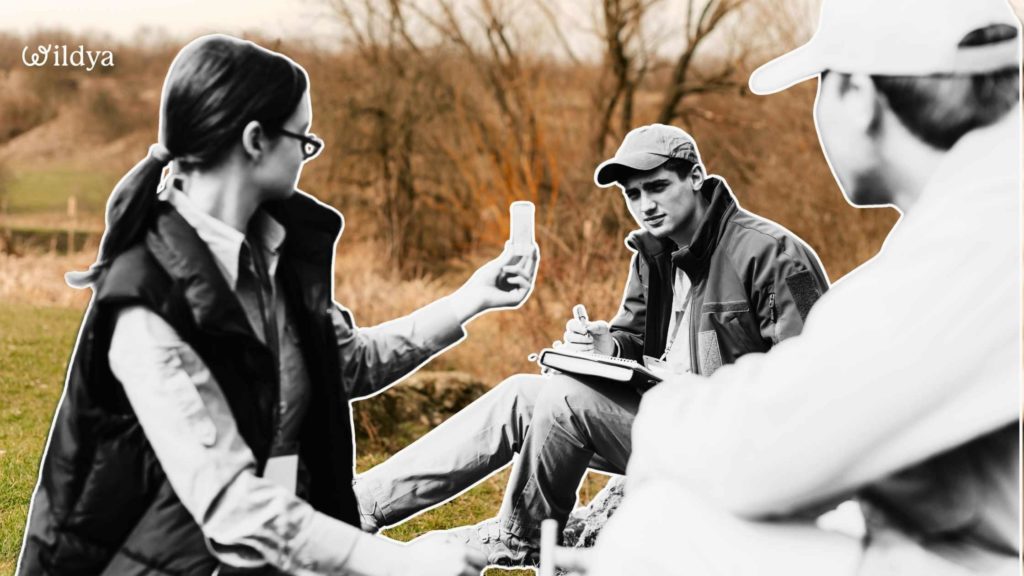We’re all in this together, grappling with the eco-anxiety challenge, but how we deal with it varies from person to person.
So, in recent weeks, we had heart-to-heart conversations with people of all ages who generously shared their climate anxiety stories. We don’t share their identities here, but seriously, big thanks for speaking up – you know who you are!
Our mission was simple. We wanted to pick up tips from these eco-anxiety warriors, create a list of actions that work to fight the blues, and then pass them on to you to help you deal with eco-anxiety.
Just a heads-up: they all agreed that eco-anxiety doesn’t vanish overnight, especially with the planet’s current struggles. But they’ve figured out how to put all that frustration, fear of climate change, and anxiousness to good use.
And now, we’re weaving in these nuggets of wisdom to help you turn that eco-anxiety into action, too!
👉 Never heard of eco-anxiety or unsure where to start? No worries, been there, done that.
That’s why we created the Wildya community where you can find and chat with like-minded people and ecopreneurs who share the same interest in nature and biodiversity.
But now let’s get into the tips. We have ranged them into levels, from the easiest ones to the ones that require a bit more effort. Try out different ones to find the eco-anxiety actions that work best for you!
Level 1: Dealing with eco-anxiety with easy but powerful actions
1. Take action
They all mentioned this as the reason for their biggest change in mental health.
Take action.
However, this might look. It is addictive and will rapidly change you.
Start small and grow from there.
2. Consume positive news
Media outlets love the doom because shocking images, radical text, and catchy headlines sell better than uplifting stories.
The problem is that you can quickly get the feeling that everything is wrong in this world while plenty of people are trying to make this planet better.
So, instead of giving in to doom scrolling, find positive news to balance your media feed.
Here are some positive media companies we love The Goodness Exchange, Imagine 5, Positive News, Reasons to be cheerful.
3. Go into nature
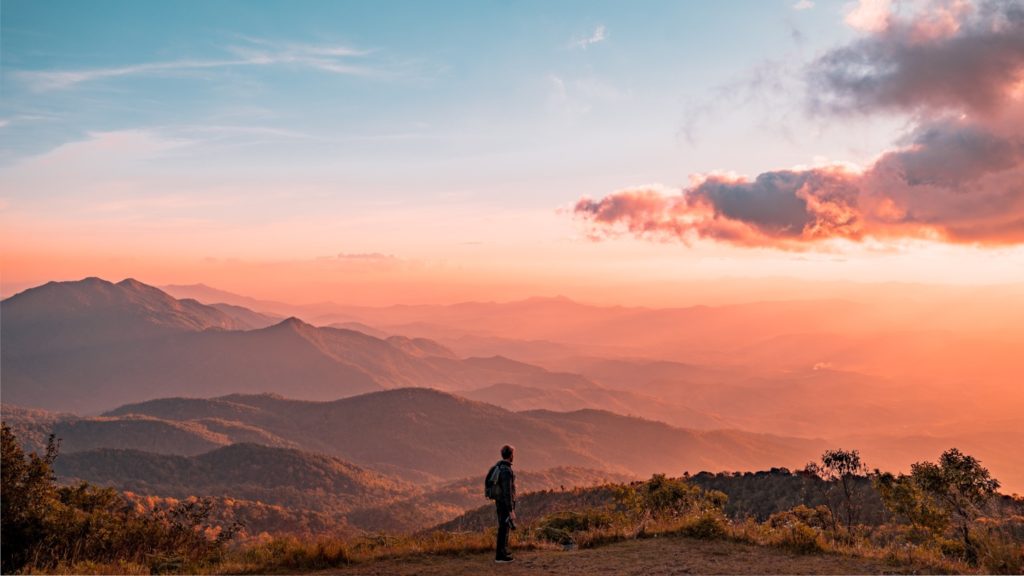
I loved that people mentioned this. Being in nature reduces their stress levels and helps them to shut off.
By now, much more research is emerging about the positive effects nature has on our mental & physical wellbeing. Rather than dropping tons of research on you here, I just recommend the book “The Nature Fix” by Florence Williams. It is packed with the newest research and an easy read everyone can follow.
And very important: Nature has different forms, from forests, lakes, parks, and green balconies. So, just take the first step to spend more time outdoors.
Surround yourself with nature.
Some nature apps that elevate your nature experience are Seek, and Merlin.
4. Find like-minded people
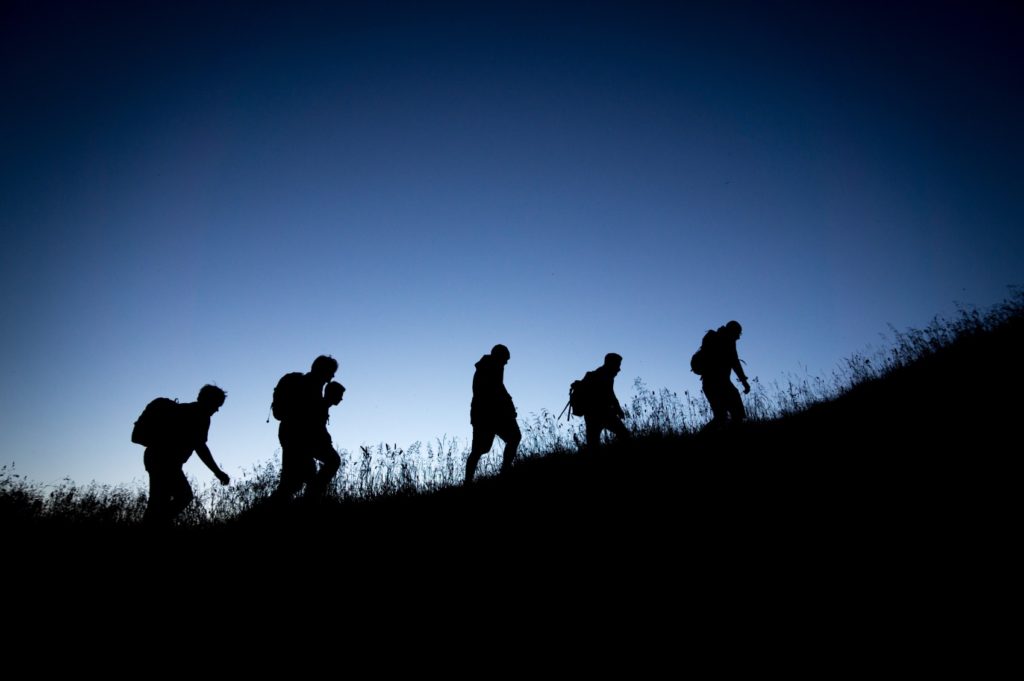
You are not alone in this. While social media intended to connect us, it drove us apart. Right now, it can feel very isolating.
So, finding people who feel the same and surround yourself with them will help you control your anxiety.
Start by contacting the first person today and ask them if they have other like-minded friends. In some time, you will find your own herd of eco-warriors.
At Wildya, you can meet other like-minded people who act every day to create a wilder world.
👉 Otherwise, we found these communities helpful: Wild Hub, Force for Nature, Wild Labs, Lonely Conservationists.
5. Sharing & second hand
Buying stuff rarely makes us happy, + in our current system, it even causes environmental destruction, thereby fueling your eco-anxiety.
Instead of buying, choose to rent, share, or buy secondhand products to break out of this cycle of overconsumption.
You will feel quite liberated afterward and save some money, too.
Vinted is an excellent platform for clothes, Tier tackles mobility sharing, etc. These concepts are not perfect yet, but they let us reimagine consumption.
6. Seek professional help
Don’t give a f*ck what people think, and seek the help of a psychologist or other professionals if you feel you need support & an unbiased perspective.
When I was young, I saw a psychologist, and this man saved my life. Since then, I have become an advocate for mental health.
Your friends or family members might not get you or are too biased in their thinking. So, talking with a neutral person can be a true game-changer.
7. Concentrate on progress
We quickly get the feeling that not enough is happening.
Still, people in the interviews mentioned that their macro perspective helped them to see that governments, companies, etc., are slowly waking up to these topics.
Yes, it is not fast enough, but we are going in a better direction overall.
Some great resources to work on your macro-thinking are the article “Leverage Points: Places to Intervene in a System” by Donella Meadows or the book “Impact: Reshaping Capitalism to Drive Real Change” by Sir Ronald Cohen.
8. Remember the impact of Covid-19
One of those macro events that helped the people we interviewed to see the bigger picture was the Covid crisis.
Covid had devastating impacts. At the same time, it showed us what is possible if we come together and collaborate. We restricted ourselves when it was needed and came up with innovative solutions in record time.
Together, we can fix this.
The World Economic Forum did a brief analysis of what we can learn from the Covid crisis for the climate crisis.
9. Look into the new AI-based solutions
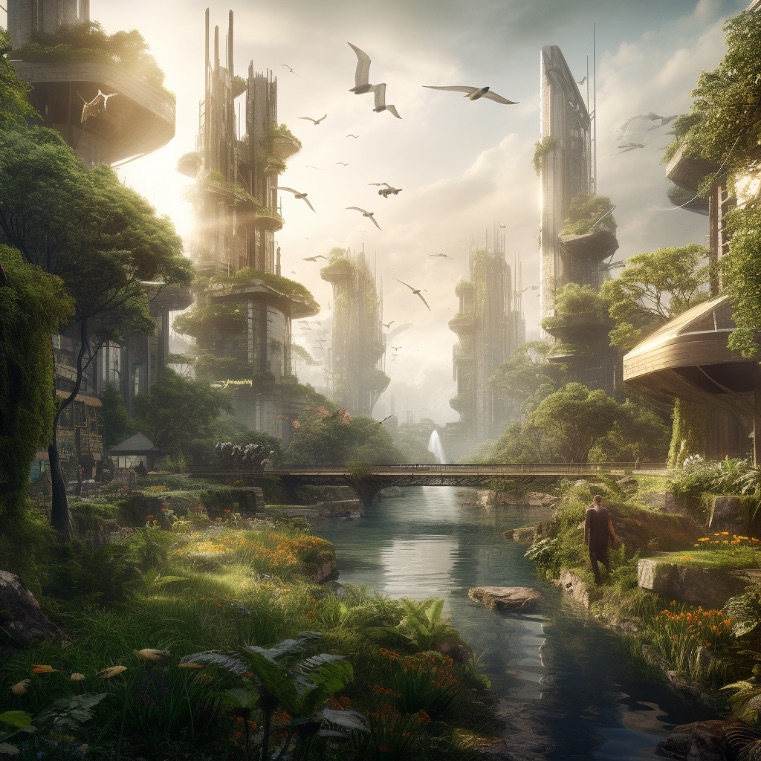
A.I. is often seen as evil because it is used mainly for greed.
However, if we are doing it right, it could solve these massive challenges for us because it gets so intelligent that we can’t keep up with our brains.
That sounds scary initially, but it could be the solution to get out of this mess.
One of our favorite Diary of a CEO podcast episodes dives into the depth of A.I. and how, if done right, it could help us battle this environmental crisis.
10. Work out to take control of your eco-anxiety
Working out helps them to have a ventile. When days are tough, physical exercise helps them blow off some steam.
It is proven that improving your physical health and endurance benefits your mental health, too. So it is not just about the six-pack; it truly helps your mind.
It’s hard to answer what to recommend here. There are so many sports out there, and they all have their books, apps, coaches, etc.
I like to surf and play soccer. Freeletics is also a fantastic app to get back into shape.
11. Do meditation to calm down your fear of climate change
It brings inner peace and a sense of calmness that helps people clear their minds.
Especially in this fast-paced world, it can be a game-changer to sit down for a minute and do nothing. Except concentrating on your breathing.
While educating and acting is crucial, it is also important to empty your mind.
Nowadays, there are plenty of apps that can help you. The most prominent ones are Headspace and Calm.
12. Curate your social media
Social media doesn’t have to be toxic. It can be a place to connect with like-minded people, get inspired, and bring change.
To create a social media feed that truly serves you, go through the accounts you follow once a month, remove those that pull you down, and boost those that build you up with likes, shares, and co.
Remove the toxic sh*t and follow inspiring people.
Some of our favorite Socials are Earthrise, Urfromere, Charles Post.
13. Go outside your bubble
The further you progress on your sustainability journey, the harder it will become to understand climate deniers, polluters, and co.
But we can’t bring change by just ignoring them.
It is essential to keep a dialog with people that are not sharing your views. Only by listening and understanding can we comprehend their underlying fears.
So next time you come across somebody on the opposite spectrum, ask them questions rather than trying to convince them.
14. Play your favorite music to calm your eco-anxiety
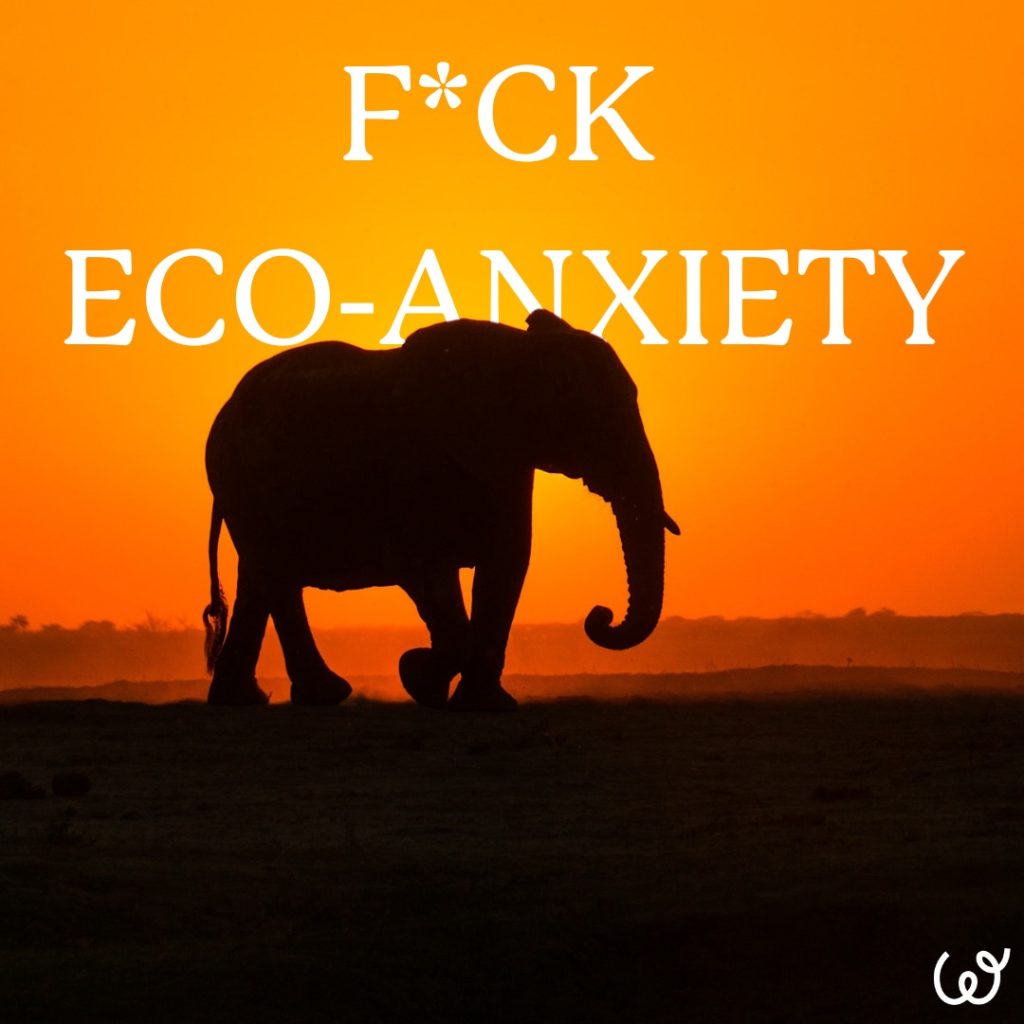
People in our research said that music helped them to see the world more positively again.
It can take off our minds or get us into action mode, whatever you feel.
Music helps so many of us to guide and express our feelings, so it is a perfect help for eco-anxiety, too.
We started to collect our community’s favorite songs that help them combat eco-anxiety. You can find them in our F*ck Eco-anxiety playlist on Spotify. If you have a song to add, let me know via oliver.dauert @ wildya.earth.
15. Get into nature photography
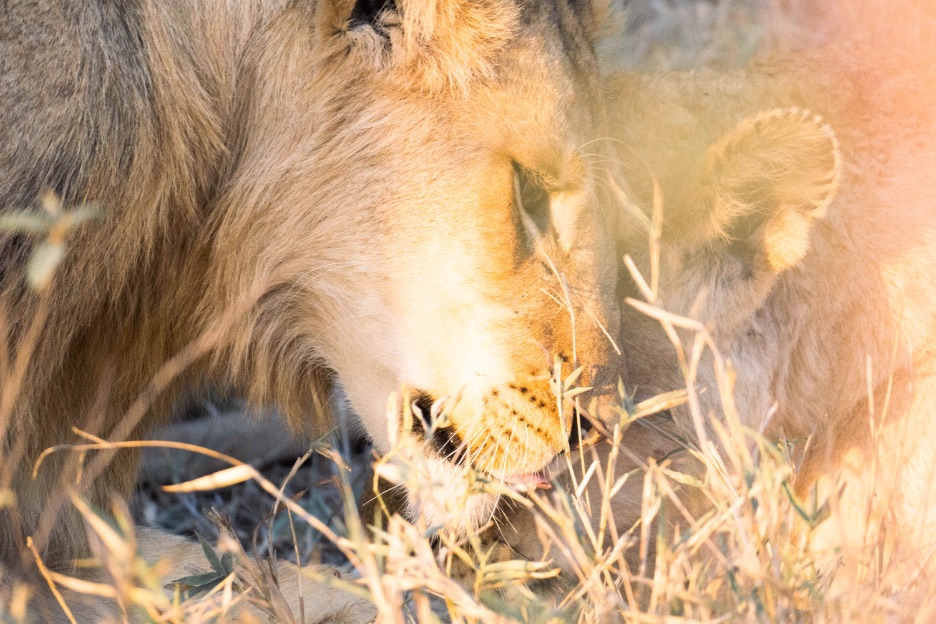
Some of the people we asked shared that nature photography helps them combat eco-anxiety.
It gives them a sort of mindfulness to try to capture the beauty of nature and learn to appreciate every detail.
It is not about you becoming the next Insta icon but to get outside and get your perspective on nature.
Our friends from The Odysseia Collection have a great photo course on their website if you want to get into it.
16. Become a Wildya member
Lastly, we have created the Wildya community to help people with eco-anxiety do something for both their mental health and the planet. We created bootcamps, spaces, and events to enable you to become an ecopreneur and create a greater impact, step by step.
Level 2: Taking control over your eco-anxiety by standing for the planet
17. Vote with your wallet
You can’t change the world alone, but you can influence it by voting daily on what kind of products you purchase. This is a great power many underestimate.
But just imagine we all would decide to stop buying Coca-Cola or products from Shell.
They would change their course because the survival of their business would depend on it.
Support smaller companies and companies that genuinely try to make a difference.
Greenwashing is tricky nowadays, so look for trustworthy labels and certifications. Like this, you will feel that you gain some power back.
B-Corp, 1% for the Planet, and EU Eco Label are suitable labels to look out for. It doesn’t mean these companies are perfect, but at least they try to improve.
18. Call out the destroyers
When you see injustice in front of your eyes in the form of destruction, pollution, etc., call them out so they don’t get away with such behavior.
We almost got accustomed to it to turn a blind eye to such activities due to our busy lives. But try to take some action when you see such injustice.
Social media and local town hall meetings can be an excellent tool for that. Depending on where you see destruction happening.
19. Participate on community level
We are constantly confronted with global challenges and catastrophes thanks to the media. The mountain can seem too high to climb.
However, working on local changes in your community can make a huge difference in your mental health.
Clean-ups, restoration, and raising awareness are great examples where you can see an immediate positive impact.
With its Action Works initiative, Patagonia has one of the largest databases for such activities.
20. Change diet
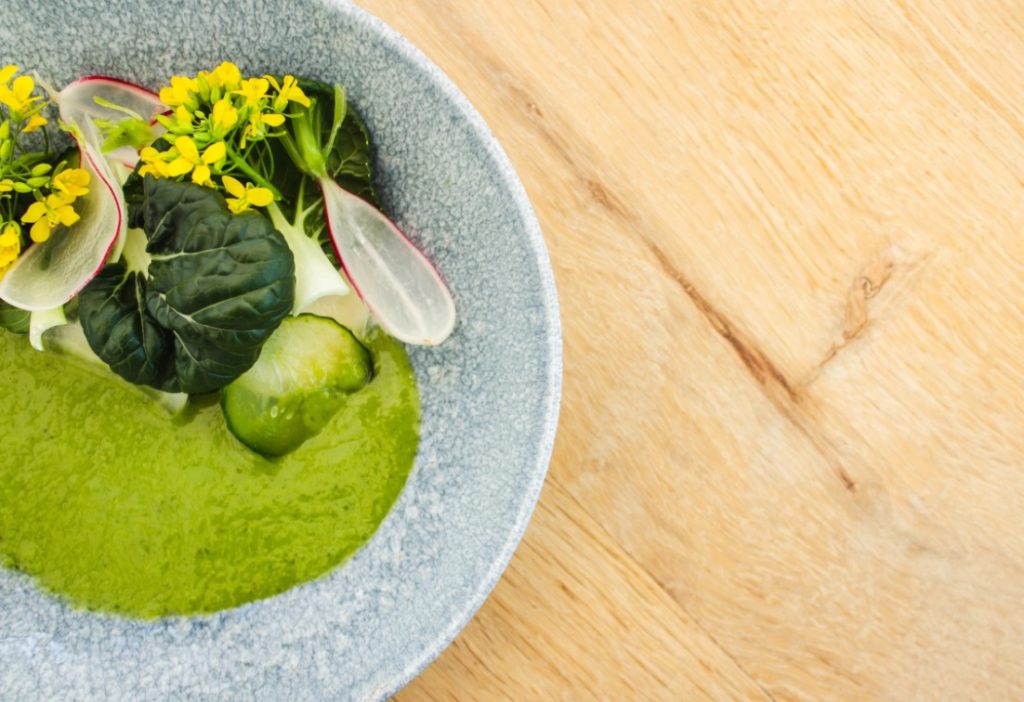
We can quickly feel powerless in this current situation, but no one can force us what we have to eat.
The people we interviewed said that going veggie & organic helped them to reduce their anxiety.
This might be hard for you initially, but skip meat or fish once a week and try to build your sustainable muscle from there.
With the Forkranger app, you get healthy recipes + learn more about the impact food has on the climate. The Happy Pear is another stop to get delicious & affordable recipes.
21. Educate yourself
Just be aware that knowledge is also a double-edged sword because if you know more, you will also question how we, as a human species, can be so ignorant, even though we know better.
But the more you know, the better you understand how you can contribute to tackling one aspect of this crisis. We all started somewhere.
Start today.
A good book on biodiversity is “A Life on Our Planet: My Witness Statement and a Vision for the Future” by David Attenborough.
We also organize masterclasses with inspiring ecopreneurs every Tuesday on Wildya+!
By educating yourself about biodiversity, global warming, ocean acidification, etc., you can then spread the word about the importance of acting for the planet based on concrete arguments.
22. Take part in creative and innovative projects
Gain trust in us that we manage to fix this mess because, so far, we have proof that we always came up with creative solutions to solve our problems.
We are a messed up species that clearly has some mum issues with our mother nature, but we can also be brilliant.
Just 2 examples to illustrate. Prometheus transforms CO2 into fuel. The Ocean Clean Up came up with a massive net to remove plastics from the ocean.
There are some bold projects out there that wait for your support.
23. Have an animal companion
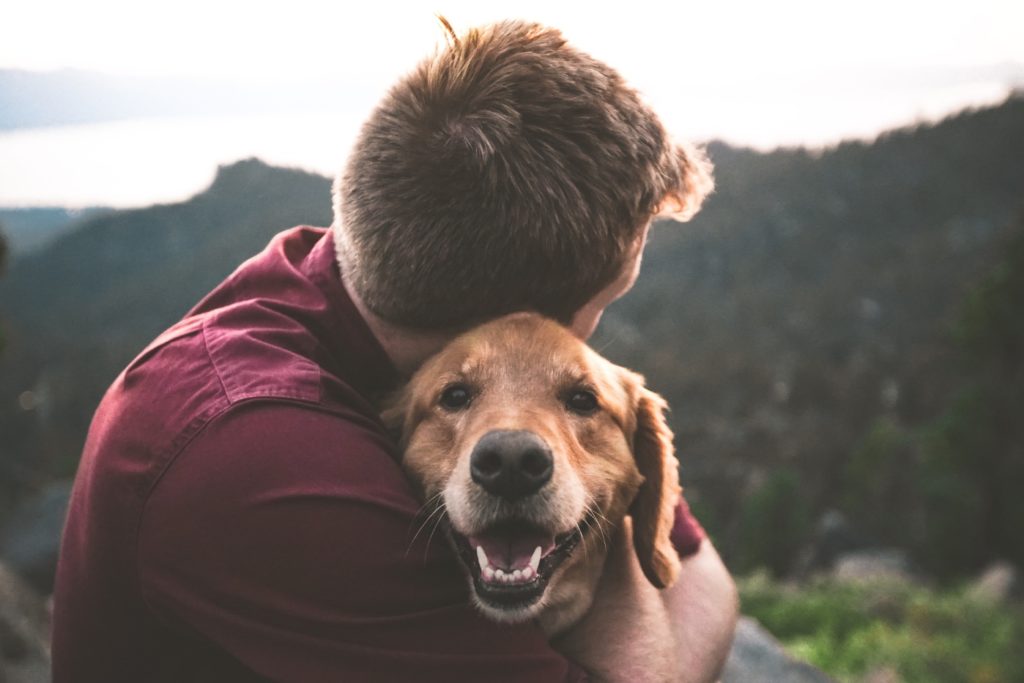
Pets can help you through your darkest days.
Especially when we have enough of people, they provide us with comfort. You obviously need to ensure you have the time and resources to pay back your dog, cat & co. in cuddles, walks, etc.
Before you buy, always consider a dog or cat from the shelter.
Level 3: Dealing with eco-anxiety with bolder actions
24. Become an activist
Not only will you find a group of like-minded people, but you will also show that there is an increasing number of people caring about environmental destruction.
The newest research actually shows that only a tiny number of 3.5% of the population is enough to bring political and systemic change.
One of the best ways to unite those 3.5% is to participate in nonviolent protests.
Come on! Only 3,5%? We got this!
There are plenty you can join, but to name a few: Fridays for Future, Sea Shepherd, Extinction Rebellion.
25. Dedicate your career to this cause
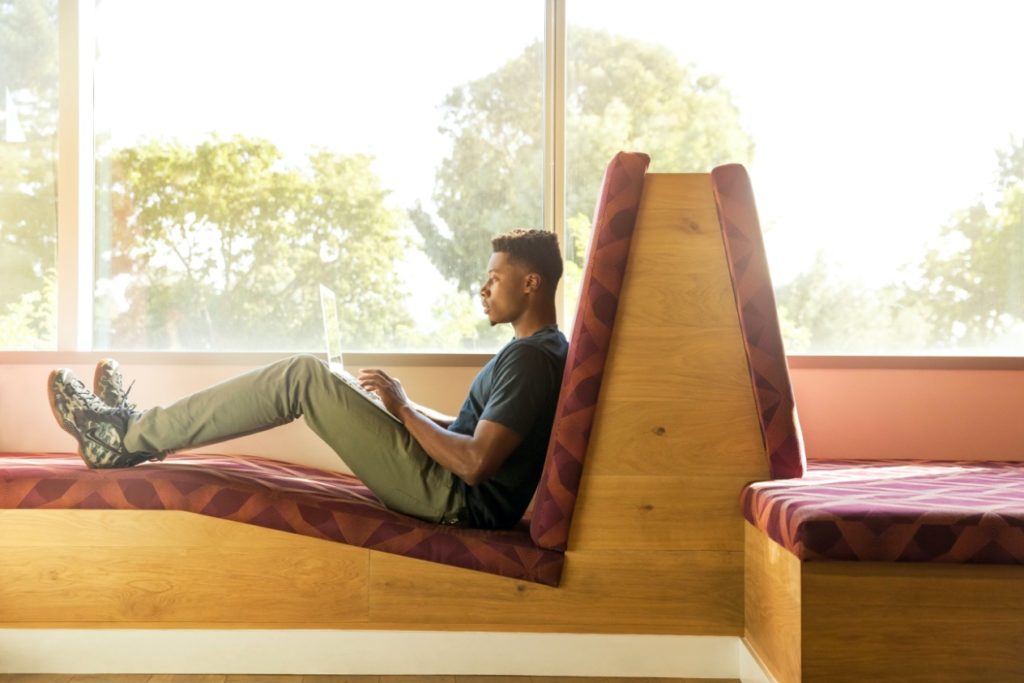
We spend 1/3 of our life at work. Time that can be used to combat the climate & biodiversity crisis. No matter your skill set, you can use them for something good.
We know that finding these kinds of jobs is sometimes tricky.
So, let’s create them.
Wildya was founded because of this problem (I, Oliver, was also suffering from eco-anxiety before starting my ecopreneur journey). We want to show the professional world that you can run a successful business by doing good.
You can also take action on a professional level and create a company that does good for the planet and all its inhabitants. To help you put all the chances on your side and avoid losing time, we created the Ecopreneur Beginner Bootcamp.
The best part about working in regenerative nature ventures: when you come home, you can shut off better because you spent the past hours fixing this mess.
Here are some sustainable job portals: Jobs with Purpose, Conservation Careers, B-Corp directory, Terra.do.
Here are 25 tips to deal with your eco-anxiety. You might have noticed that most of them are level 1 actions. This is because fighting eco-anxiety and the environmental crisis at the same time doesn’t have to be hard and complicated. We can improve ourselves and the current situation of the planet with easy steps. Everyone doing one small step will take us much further than a few people doing big steps.
We hope at least one of these actions will help make you feel better and have an impact on the current eco-anxiety statistics. Due to our own history and ventures, we all experience eco-anxiety differently. By writing this article, we wanted to show you that there are various actions you can take and test.
Pick the one that resonated the most with you and see if it helps next time you feel the fear of climate change building up. If it doesn’t, pick the next one, and so on.
If you don’t find anything that helps, contact us at oliver.dauert@wildya.earth, and we can have a look together.
What is one tip you have to share with people wondering how to deal with eco-anxiety? Are you looking for a way to work on yourself while acting concretely for the planet? Join our wild herd and discover how we help you tackle eco-anxiety and be environmentally active at the same time!

